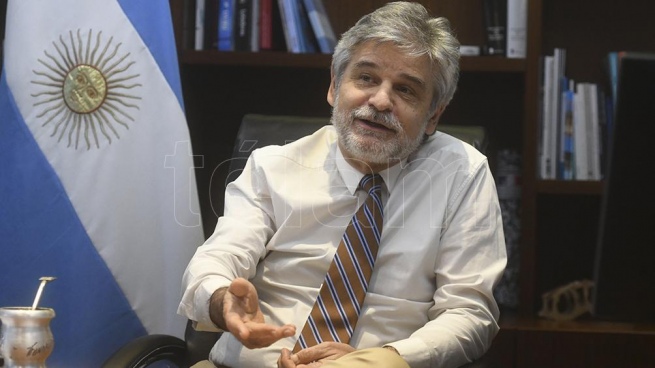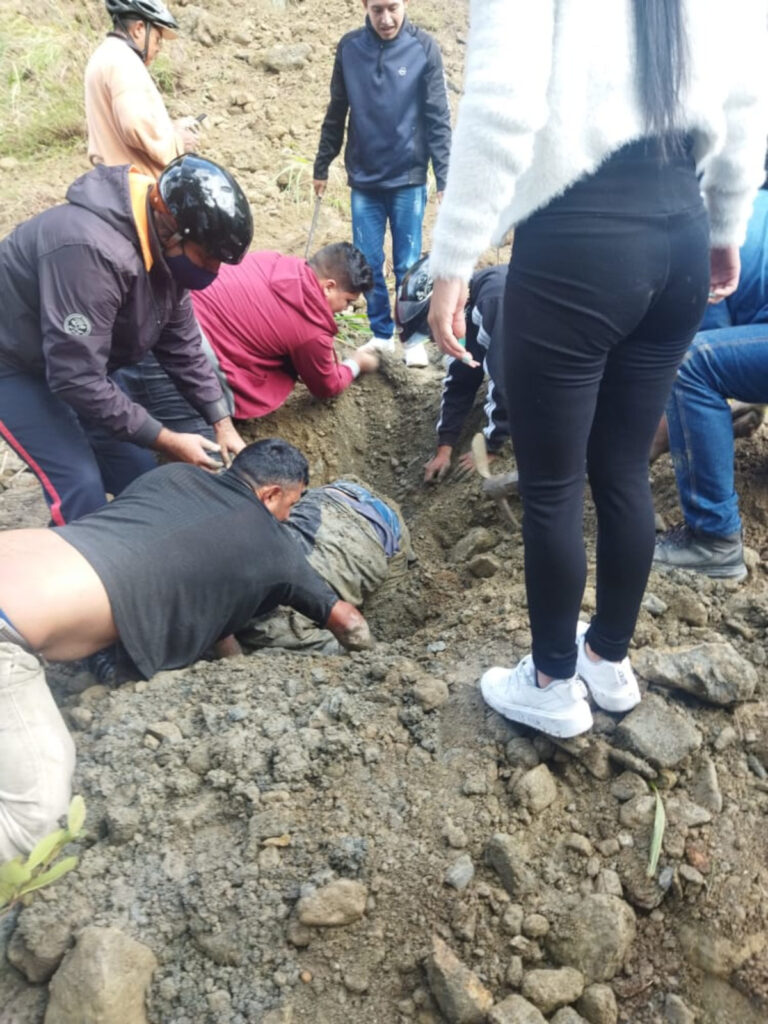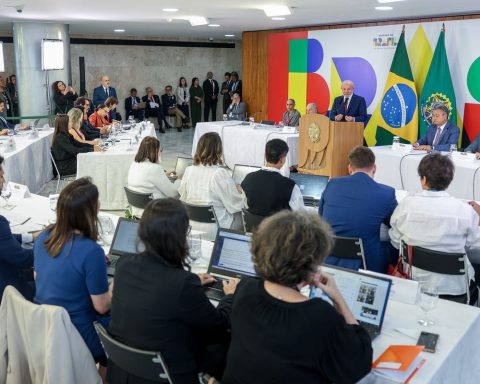The Minister of Science, Technology and Innovation (CTI), Daniel Filmus, participated in a talk organized by Grupo Clarín, in which he assured that “it is not real that professionals are leaving” the country and that there is currently a greater amount that during the four years of the macrista management, when answering the head of the Buenos Aires Government, Horacio Rodríguez Larreta. He also called for the opposition’s consensus to push for “more investment” in science and technology.
“It is not real that professionals are leaving now and not in the previous four years,” Filmus said. during the closing of the Rodríguez Larreta exhibition, who replied that “the young people who have the talent are leaving”.
“We go to Ezeiza and we see hordes of young people who are leaving. Today we are blocking the sun with our hands,” said the Buenos Aires leader, and Filmus replied: “You have to see the data.”
The crossing took place during the fourth edition of Democracy and Development, the cycle of seven meetings organized by Clarín, in this case dedicated to the Knowledge Economy for Development, in the auditorium of the Museum of Latin American Art (Malba).
In this framework, the minister called for a consensus around the Argentina 2030 plan promoted by the national government: “We are proposing more investment in science and technology. With the productive sectors we are working on ten central points for 2030,” said Filmus, who also He asked for a long-term view and called for the opposition to accompany the project in Congress so that a Science and Technology (S&T) plan is unanimously approved.
In this regard, Larreta promised: “Have no doubt that our block is going to look at it with the best will.”
Previously, the minister had pointed out that in 2015, the last period of Cristina Kirchner’s government, “investment in S&T reached 0.37% of GDP, the highest in all history, to the point that the minister was even given continuity.” Lino Barañao, during the government of Mauricio Macri “because it seemed to them that what was being done was good.”
“However, in 2019 investment in S&T had dropped to 0.22%,” he noted.
“If we want a science financing law, let’s comply with it, whoever the government is,” he said.
In addition, Filmus asked to imagine “a different future for Argentina”, while highlighting the importance of the development of science and technology based on the experience of the coronavirus pandemic and recalled the development of the chinstrap by Conicet, together with the University of San Martín, the University of Buenos Aires and an SME, which made it possible to scale up production in the development of nanotechnology applied to textiles.
“We are proposing more investment in science and technology. With the productive sectors we are working on ten central points for 2030”
“We have enormous challenges. The entire impact of the knowledge economy on everyday reality implies that we be extremely attentive to all kinds of changes,” he reflected.
He reiterated that the central issue for Argentina will be the training of professionals and researchers, based on long-term policies “beyond the electoral calendars” and “of the political forces of the government that lead the State”.
The meeting was also attended by the Secretary of Foreign Affairs of the Presidency, Gustavo Béliz; the national deputy of Together for Change, Luciano Laspina; and the president of Argencon, Sebastián Mocorrea.
Later, Minister Filmus was also at the forum of the United States Chamber of Commerce in Argentina AmCham, where he stressed that science and technology “serve to solve people’s problems and offer opportunities for inclusive growth in Argentina”, and in that sense, “the State must support continuous policies with strong investment in public-private articulation.”
“Last year, the sector that grew and exported the most was the knowledge industry. A change is beginning to take place. To deepen it, we must continue to comply with the Knowledge Economy and Financing laws, which allow investment in CTI to be brought to 1% of GDP,” he concluded.


















